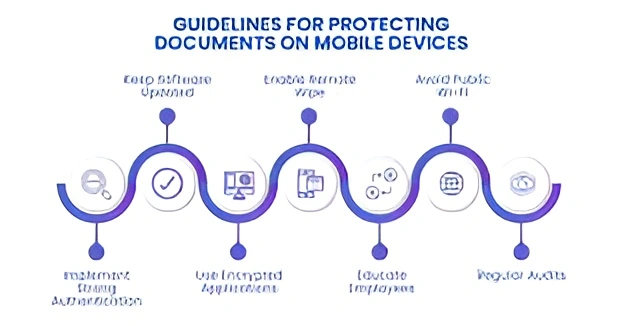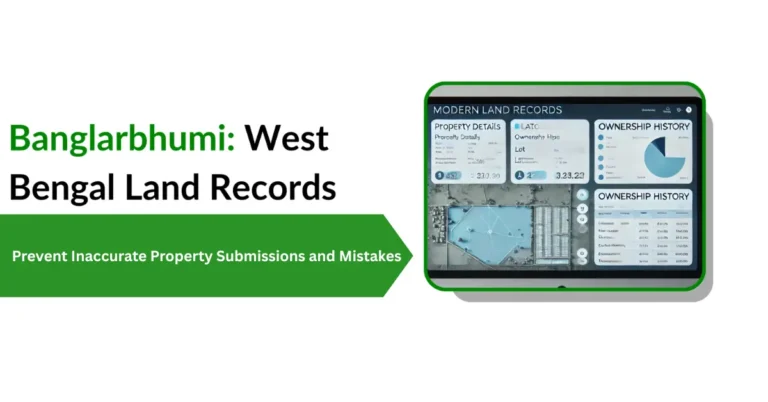Top Property Documentation Mistakes and How to Avoid Them
Top Property Documentation Land records of West Bangal Mistakes and How to Avoid Them transactions whether buying, selling, or inheriting crucial to get the paperwork right. Even small errors can lead to big headaches later on. Let’s walk through some common property documentation mistakes and how to steer clear of them.
Incorrect or Incomplete Property Descriptions
A vague or wrong property description and Property Records in Property Records can cause confusion and disputes. Always ensure the legal description matches official records. This includes details like plot numbers, boundaries, and survey references. If in doubt, consult a land surveyor or check with local authorities.
Misspelled Names or Incorrect Personal Information
Typos in names or personal details can make documents invalid or lead to ownership disputes.
Double-check all names, addresses, and identification numbers. Ensure they match official documents like ID cards or previous deeds.
Missing Signatures or Notarization Errors
Skipping signatures or having improper notarization can render documents unenforceable.
Before finalizing, verify that all required signatures are present and notarized correctly. If a signature is missed, consider executing a corrective deed.

Overlooking Financial Liabilities Liens or Mortgages
Not checking for existing debts tied to the property can lead to unexpected financial burdens.
Always obtain an Encumbrance Certificate (EC) to confirm the property is free from loans or legal claims
This is especially important when dealing with inherited or previously mortgaged properties.
Ignoring Zoning Laws and Land Use Restrictions
Not being aware of zoning laws can result in fines or forced changes to property use.
Check with local municipal authorities to understand zoning regulations and any land use restrictions before making a purchase
This is crucial for commercial properties or land intended for development.

Failing to Conduct Thorough Due Diligence
Skipping background checks can lead to legal disputes or financial losses.
Review the property’s title history, check for any pending legal cases, and ensure all taxes are paid
Engage professionals to assist in this process if necessary.
FAQs
Final Thought
Property documentation is a critical part of the real estate transaction process. Failing to ensure that all documents are accurate, current, and legally sound can result in costly legal battles, financial losses, and long-term disputes. By staying informed, seeking professional guidance, and thoroughly reviewing all documents.
you can avoid common property documentation mistakes and ensure a smooth and secure property transaction. Always consult experts, such as lawyers or property consultants, when in doubt. Your peace of mind and financial security depend on it.






